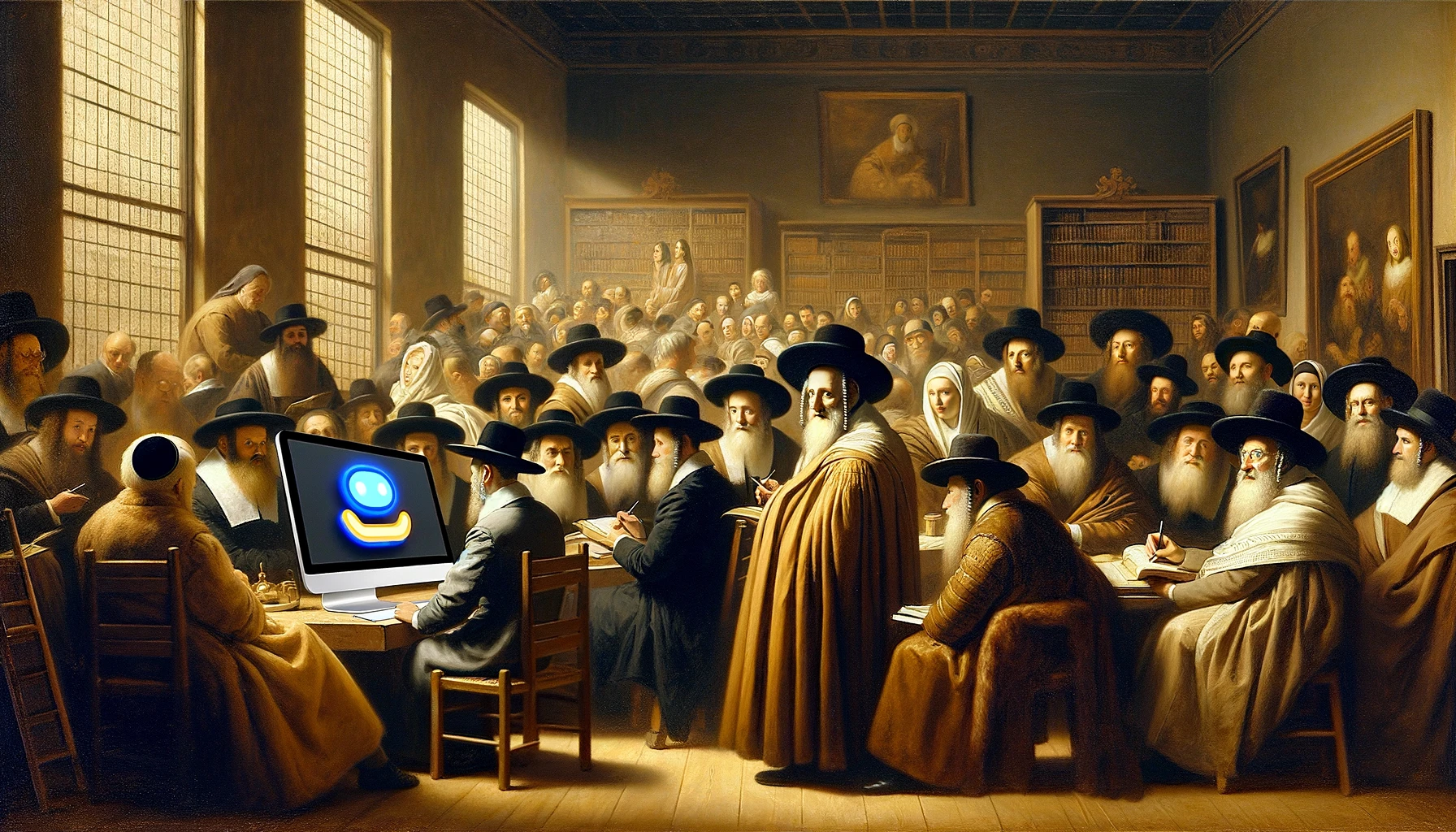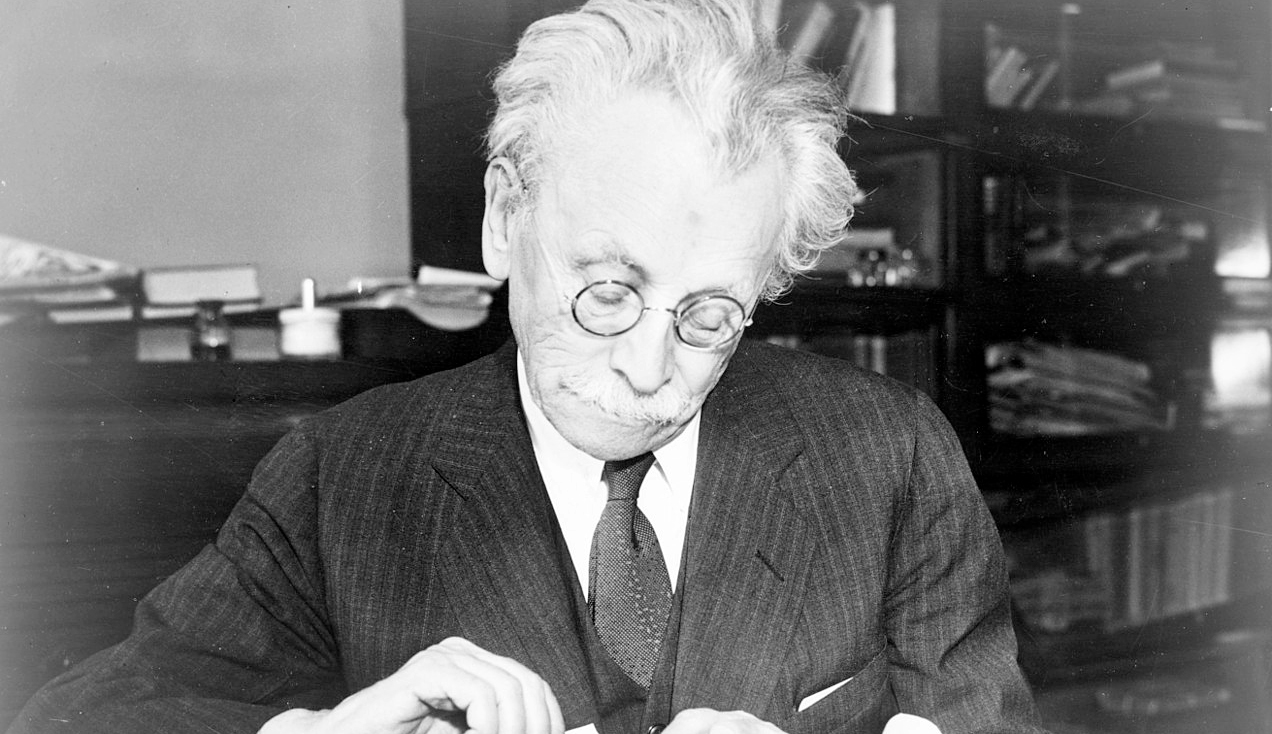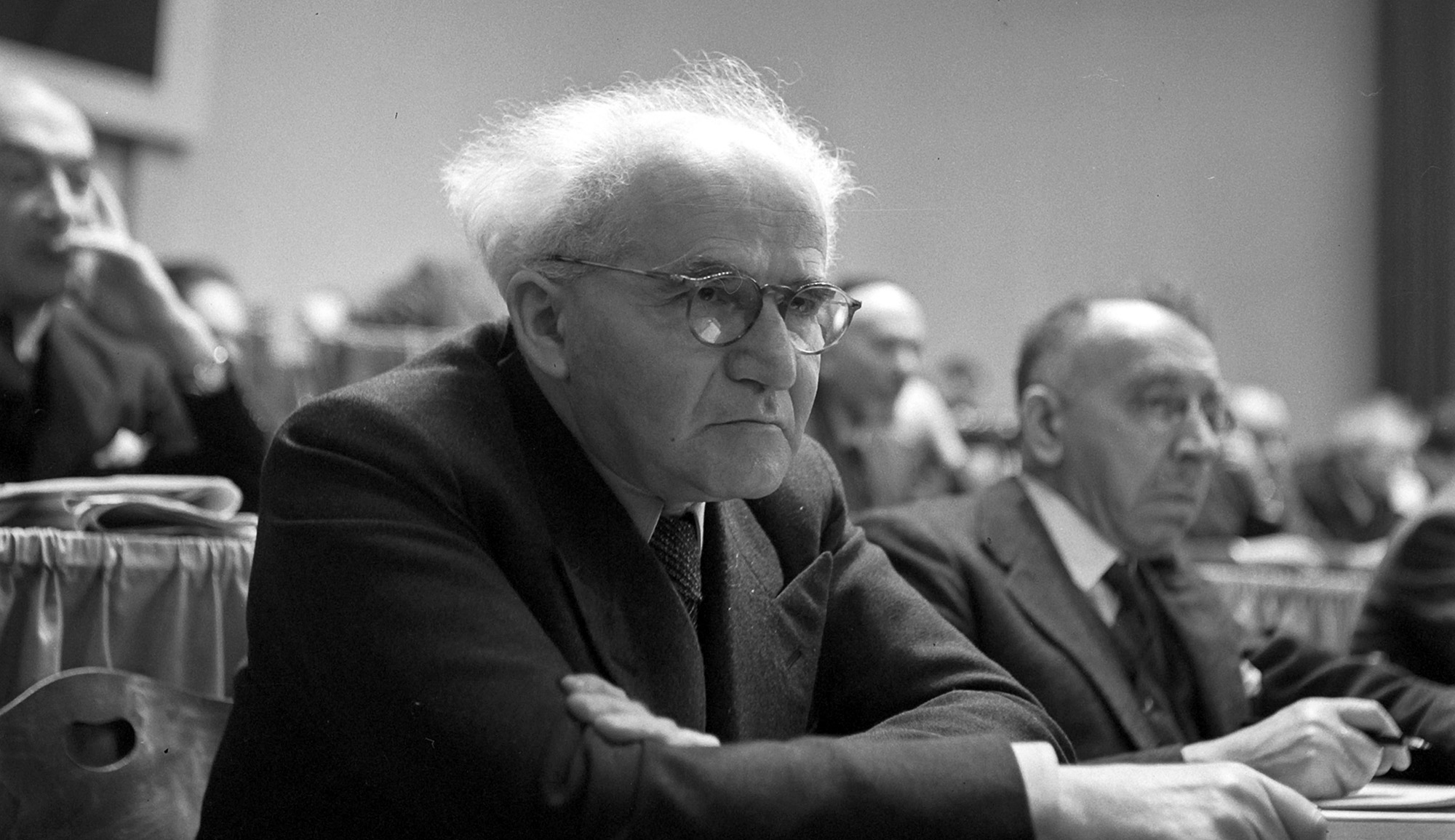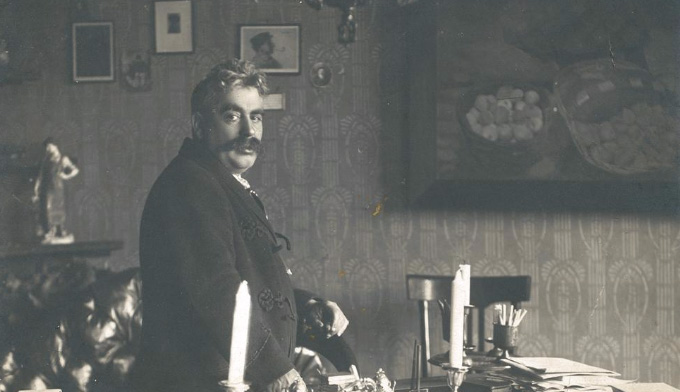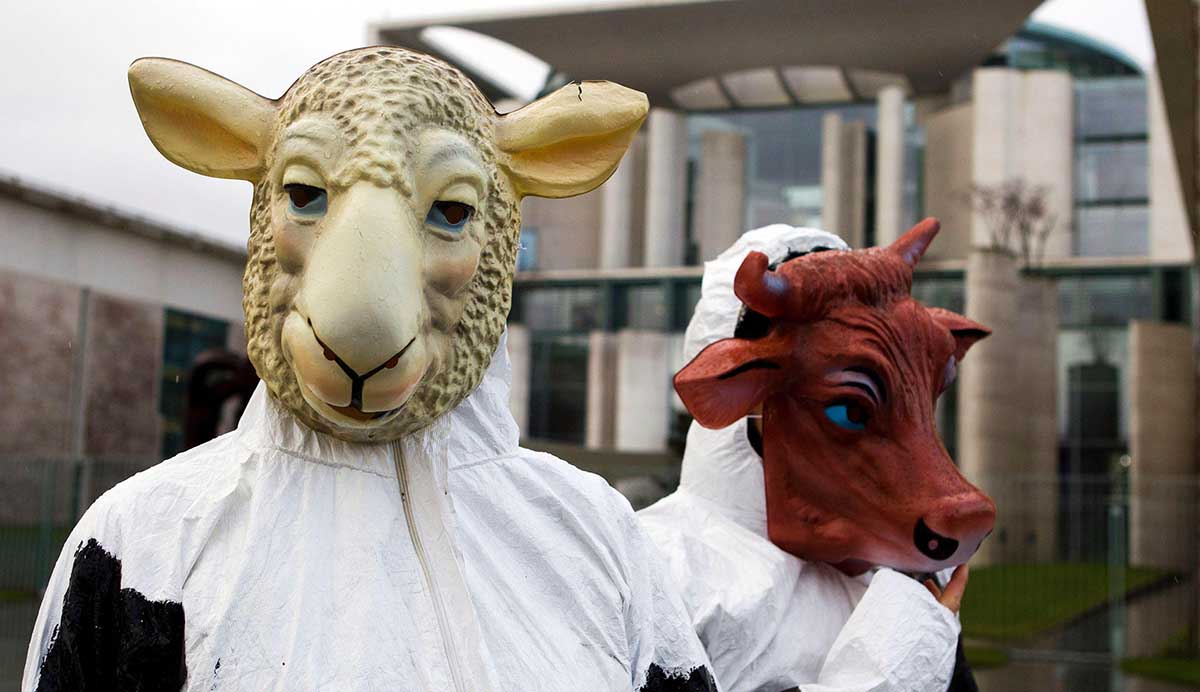Most recent Most popular
Is War With Lebanon Imminent?
As both sides escalate by the day and as the fighting in Gaza simmers down, many Israelis are growing convinced that full-scale war with Hizballah is unavoidable. Are they right?
What Artificial Intelligence Has In Store for Judaism
AI has the potential to change the way Jews study Torah, observe Jewish law, work with rabbis, and teach their children. Will Jews resist those changes or welcome them?
The Very Model of a New York Intellectual
Abraham Cahan was one of America’s first great Jewish newspapermen, and set an example of independent thinking that the nation could sorely use today.
What Would Ben-Gurion Do?
Israel’s founding father argued for a conception of politics uniquely tailored to the Jewish state. Fifty years after his death, his country could use it more than ever.
Why Dostoevsky Loved Humanity and Hated the Jews
The case of the literary master helps explain why people who devote themselves to compassion for all so often make an exception for Jews.
Ecstasy and Amnesia in the Gaza Strip
Three catastrophes, all marked by euphoria at the start and denial at the end, have shaped the Palestinian predicament. Has the fourth arrived, and is the same dynamic playing out?
The Humiliation of Jews Is the Point
Grotesque images of abused Israeli hostages and violations of dead Israeli bodies should remind us of the reality of evil and the necessity of countering it.
The Hidden Calculation Behind the Yom Kippur War
It’s long been the greatest question about the war: why Israel waited to be attacked. But what if it was convinced to wait by its closest ally, the United States?
The Perennial Power of the Nakba
How generations of Arab thinkers and leaders tried to turn the humiliation of their losses to Israel into a springboard to launch their nations into an enchanted new age.
I.L. Peretz and the Golden Chain
The great Yiddish writer envisioned an unbroken transmission of Jewishness through the generations, from biblical prophets to talmudic sages to literary giants like Heine—and himself.
The Looming War Over Israel’s Law of Return
Over the coming years, Israel’s most famous law will become an object of political gamesmanship and a potential tool for demographic engineering—no matter who will be in power.
From Coy to Goy
How America’s far right found its anti-Semitic voice and figured out its true identity.
Herzl Before Herzl
Fifteen years before Herzl’s The Jewish State, a doctor named Leon Pinsker called for the Jews to reassert their honor by freeing themselves from the debasement of the diaspora.
Why Is Europe Repressing Ritual Slaughter?
Countries across Europe are cracking down on ritual slaughter, making the position of observant Jews and Muslims there more tenuous. Is concern for animals really the motivating factor?

